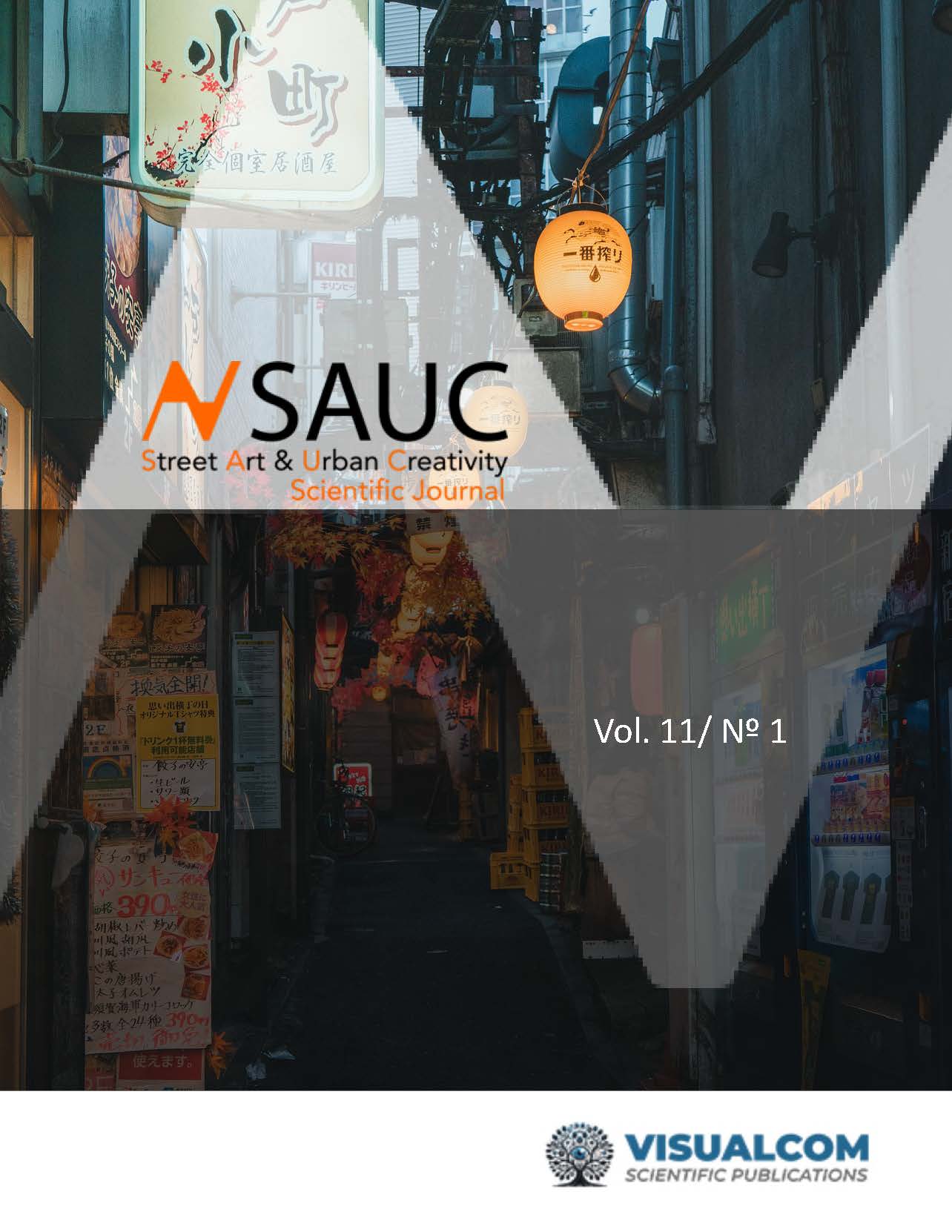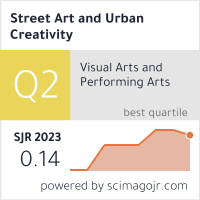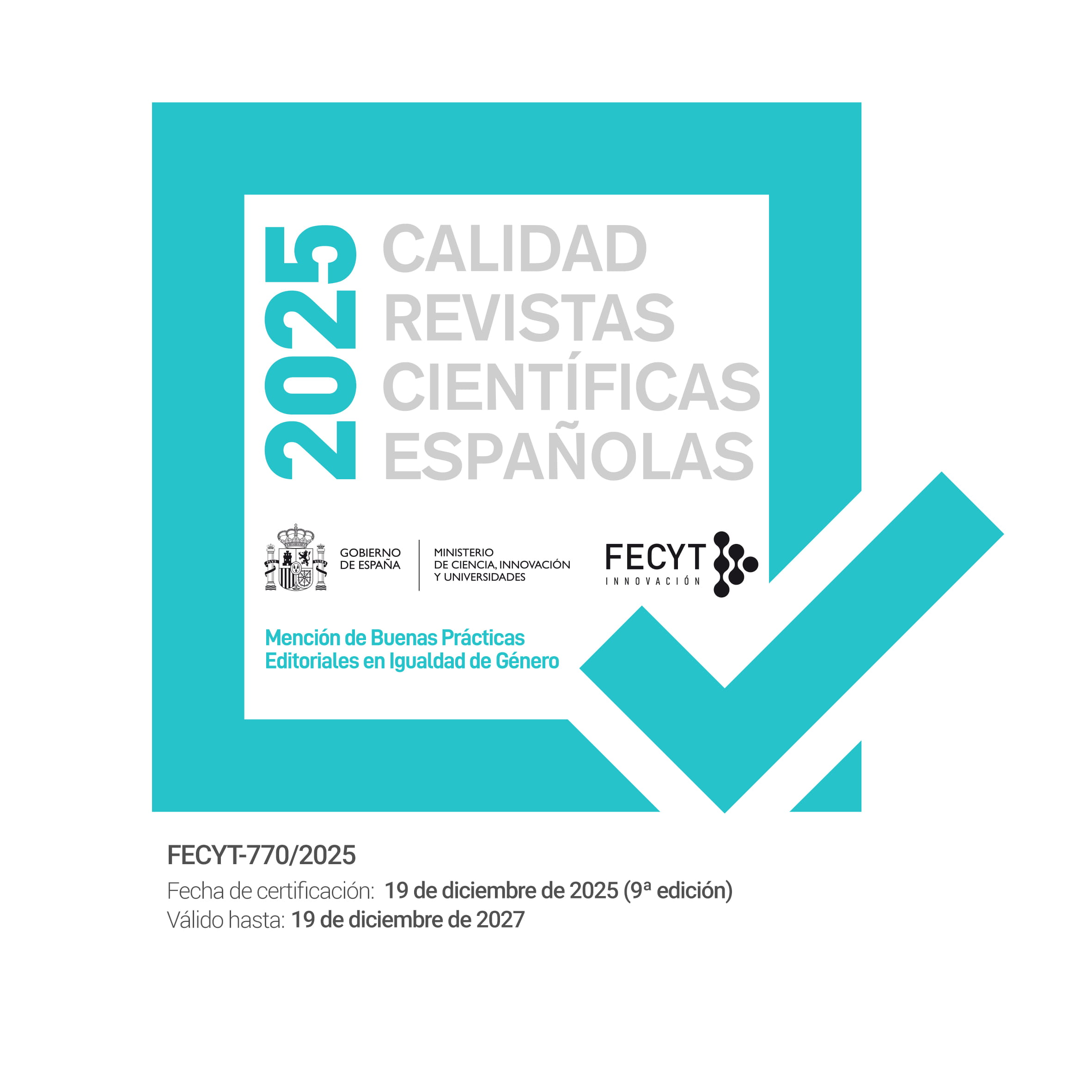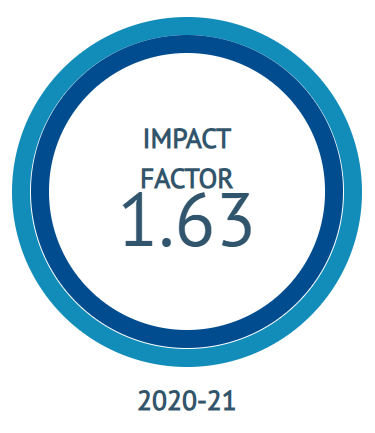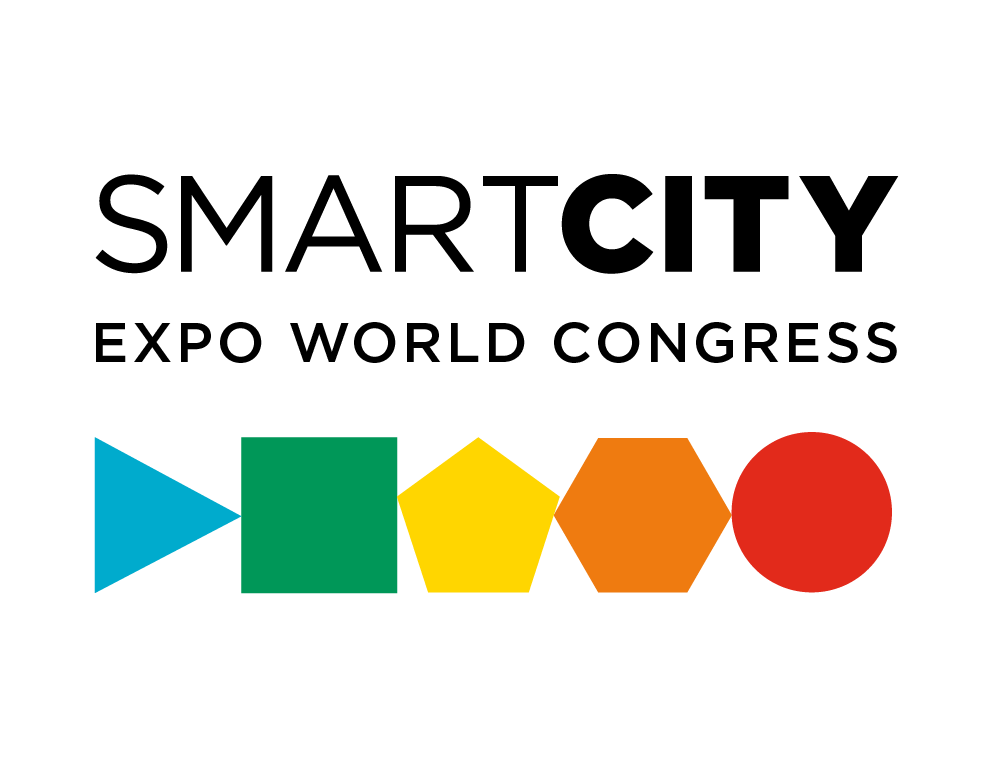Soft Skills
The Invisible Engine of Success in the Professional and Organizational World
DOI:
https://doi.org/10.25765/sauc.v11.5688Keywords:
Soft Skills, Professional Performance, Employability, Personal Development, TalentAbstract
The aim of this study is to explore the soft skills that are most closely related to the ability to respond to activities or tasks in the
work environment. The sample is made up of 530 employees who are assessed on 11 competencies distributed over 24 differentiated dimensions. The results show that the sample can be grouped into three significantly differentiated clusters, one of which stands out because it is the one most valued by organisations. It also focuses on the areas of training for development, professional performance and employability. It highlights the competencies of empathy, involvement, commitment, responsibility and autonomy as the backbone of the three clusters. Finally, the results are interpreted, highlighting their applicability in the business market.
Downloads
Global Statistics ℹ️
|
636
Views
|
290
Downloads
|
|
926
Total
|
|
References
Ashurova, M. & Ashurov, M. (2023). The Role and Significance of the Concepts of Hard Skill and Soft Skill in Teaching It and Programming Languages. Journal of Pedagogical Inventions and Practices, 18, 68–70. https://zienjournals.com/index.php/jpip/article/view/3551
Bloksgaard, L., & Prieur, A. (2021). Policing by social skills: the importance of empathy and appropriate emotional expressions in the recruitment, selection and education of Danish police officers. Policing and Society, 31(10), 1232–1247. https://doi.org/10.1080/10439463.2021.1881518 DOI: https://doi.org/10.1080/10439463.2021.1881518
Caputo, F., Cillo, V., Candelo, E. & Liu, Y. (2019). Innovating through digital revolution: The role of soft skills and Big Data in increasing firm performance. Management Decision, 57(8), 2032-2051. https://doi.org/10.1108/MD-07-2018-0833 DOI: https://doi.org/10.1108/MD-07-2018-0833
Cinque, M. (2016). Soft Skills in development in European countries. Tuning Academy Journal, 3(2), 389-427. https://doi.org/10.18543/tjhe-3(2)-2016pp389-427 DOI: https://doi.org/10.18543/tjhe-3(2)-2016pp389-427
Cortejoso Lino, M., Bartolomé Muñoz de Luna, A., & Martín Gómez, S. (2024). Assessment of Employment Competencies from the Perspective of University Graduates: Using a Reflective Structural Equation Model. VISUAL REVIEW. International Visual Culture Review. Revista Internacional De Cultura Visual, 16(6), 147–164. https://doi.org/10.62161/revvisual.v16.5337 DOI: https://doi.org/10.62161/revvisual.v16.5337
Culcasi, I., & Paz Fontana Venegas, R. (2023). Service-Learning and soft skills in higher education: a systematic literature review. Form@re - Open Journal Per La Formazione in Rete, 23(2), 24–43. https://doi.org/10.36253/form-14639 DOI: https://doi.org/10.36253/form-14639
Escamilla, R., Segovia-Romo, A. & López, J.F. (2022). Soft skills in customer service: Sales area in automobile dealers. Contaduría y Administración, 67(2), 212-236. https://doi.org/10.22201/fca.24488410e.2022.317 DOI: https://doi.org/10.22201/fca.24488410e.2022.3172
González-Rico P. & Lluch Sintes M. (2024). Empowering Soft Skills through Artificial Intelligence and Personalised Mentoring. Education Sciences, 14(7), 699. https://doi.org/10.3390/educsci14070699 DOI: https://doi.org/10.3390/educsci14070699
Guerra, R., da Silva, S., & Guimaraes, A. (2024). A influência das soft skills e do intraempreendedorismo no desempenho organizacional. Revista de Gestão e Secretariado, 15(10), 1-18. https://doi.org/10.7769/gesec.v15i10.4366 DOI: https://doi.org/10.7769/gesec.v15i10.4366
Ibrahim, R., Boerhannoeddin, A. & Bakare, K.K. (2017). The effect of soft skills and training methodology on employee performance. European Journal of Training and Development, 41(4), 388-406. https://doi.org/10.1108/EJTD-08-2016-0066 DOI: https://doi.org/10.1108/EJTD-08-2016-0066
Kechagias, K. (2011). Teaching and Assessing Soft Skills. MASS Project.
Klaus P. (2010). Communication breakdown. California Job Journal, 28, 1-9.
Krpálek, P., Berková, K., Kubisová, A., Krelová, K., Frendlovská, D. & Spiesová, D. (2021). Formation of professional competences and soft skills of Public Administration employees for sustainable professional development. Sustainability, 13(10), 5533. https://doi.org/10.3390/su13105533 DOI: https://doi.org/10.3390/su13105533
Marrero, O., Mohamed, R., & Xifra. J. (2018). Habilidades blandas: necesarias para la formación integral del estudiante universitario. Revista científica ecociencia, 5, 1–18. https://doi.org/10.21855/ecociencia.50.144 DOI: https://doi.org/10.21855/ecociencia.50.144
Martín Gómez, S., Bartolomé Muñoz de Luna, Á., & Lago, M.J. (2023). Importance of sustainable training for the employment of the future. Intangible Capital, 19(1), 25-41. https://doi.org/10.3926/ic.2100 DOI: https://doi.org/10.3926/ic.2100
Purwanto, A. (2020). Effect of Hard Skills, Soft Skills, Organizational Learning and Innovation Capability on Islamic University Lecturers’ Performance. Systematic Reviews in Pharmacy, 11(7), 556-569.
Robles, M. (2012). Executive Perceptions of the Top 10 Soft Skills Needed in Today’s workplace. Business and Professional Communication Quarterly, 75(4), 454-455. https://doi.org/10.1177/1080569912460400 DOI: https://doi.org/10.1177/1080569912460400
Rodríguez, A., Cortés, A., & Val, S. (2019) Análisis de la mejora del nivel de empleabilidad de los universitarios mediante la mejora de competencias transversales y habilidades. Rev. Espa. Orient. Y Psicoped., 30(3), 102-119. https://doi.org/10.5944/reop.vol.30.num.3.2019.26275 DOI: https://doi.org/10.5944/reop.vol.30.num.3.2019.26275
Sethi, D. (2014). Executive Perceptions of Top Ten Soft Skills at Work: Developing These Through Saif. Indian Institute of Management. https://www.iimk.ac.in/websiteadmin/FacultyPublications/Working%20Papers/160abs.pdf
Tang, K. N. (2018). The importance of soft skills acquisition by teachers in higher education institutions. Kasetsart Journal of Social Sciences, 41(1), 22–27. https://so04.tci-thaijo.org/index.php/kjss/article/view/229129 DOI: https://doi.org/10.1016/j.kjss.2018.01.002
Ummatqul, K. (2020). Soft Skills Development in Higher Education. Universal Journal of Educational Research, 8(5), 1916 – 1925. https://doi.org/10.13189/ujer.2020.080528 DOI: https://doi.org/10.13189/ujer.2020.080528
Downloads
Published
How to Cite
Issue
Section
License
Copyright (c) 2025 Street Art & Urban Creativity

This work is licensed under a Creative Commons Attribution-NoDerivatives 4.0 International License.
Those authors who publish in this journal accept the following terms:
-
Authors retain copyright.
-
Authors transfer to the journal the right of first publication. The journal also owns the publishing rights.
-
All published contents are governed by an Attribution-NoDerivatives 4.0 International License.
Access the informative version and legal text of the license. By virtue of this, third parties are allowed to use what is published as long as they mention the authorship of the work and the first publication in this journal. If you transform the material, you may not distribute the modified work. -
Authors may make other independent and additional contractual arrangements for non-exclusive distribution of the version of the article published in this journal (e.g., inclusion in an institutional repository or publication in a book) as long as they clearly indicate that the work was first published in this journal.
- Authors are allowed and recommended to publish their work on the Internet (for example on institutional and personal websites), following the publication of, and referencing the journal, as this could lead to constructive exchanges and a more extensive and quick circulation of published works (see The Effect of Open Access).

